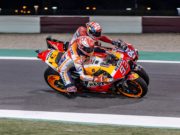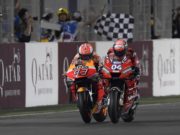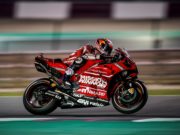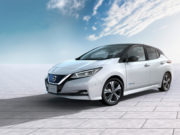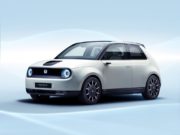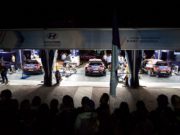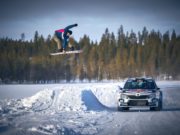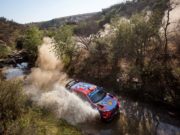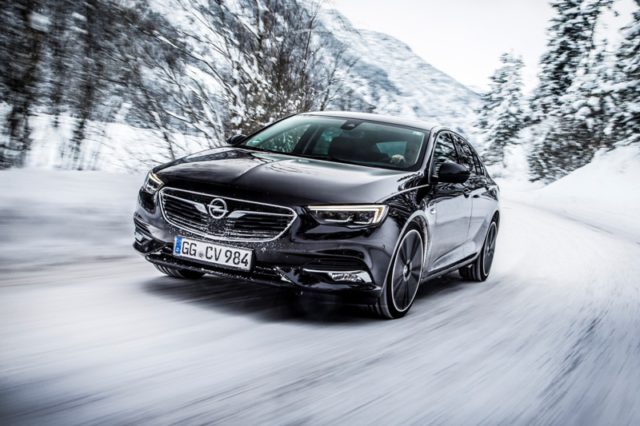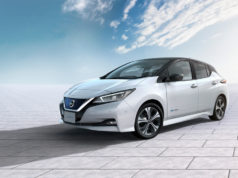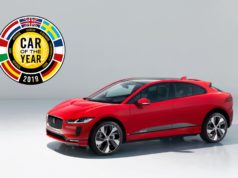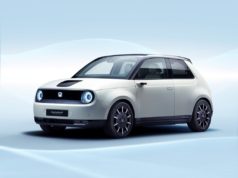Mostly premium brands offer midsize cars with an especially engaging driving experience. But when the all-new Opel Insignia Grand Sport hits the market in early 2017, enthusiastic drivers will need to adjust their orientationл
The new Insignia will be available with a state-of-the-art torque vectoring all-wheel drive system. It delivers the highest levels of dynamics, feel and handling on the market.
“The new generation Opel Insignia sets new benchmarks for midsize automobiles” says William F. Bertagni, Vice President Vehicle Engineering Europe. “Torque vectoring represents the state-of-the-art in transmitting power to the road. The new Insignia with torque vectoring all-wheel drive matches the best in the industry when it comes to ‘fun-to-drive’.”
All-wheel drive and torque vectoring is the best way to put high power onto the road.
But the additional weight and complexity of conventional torque vectoring systems prevent them from meeting Opel’s high standards for performance and efficiency.
The new Opel Insignia therefore utilizes a Twinster all-wheel drive system with a rear drive module that uses a twin clutch system without differential
The Insignia’s all-wheel drive system can apply torque to one or both of the rear wheels independently. That enables torque vectoring capability across the car’s full performance range.
When cornering, higher torque is sent to the outside rear wheel. That induces rotation around the vertical axis (yaw). The Insignia turns in with more precision. It responds more spontaneously to inputs from the driver.
Torque vectoring also contributes to safety by controlling the distribution of torque according to changes in throttle position, steering angle and road surface. Thus it dampens the amount of yaw. This intelligent use of torque distribution – also known as “yaw damping” – results in neutral vehicle behaviour, making the car more stable and steerable for the driver.
New Insignia drivers can choose the amount of yaw damping to suit their driving style. That happens by selecting the appropriate driving mode. The modes are from high yaw damping in “Tour” to low in “Sport”, for sportier vehicle behavior.









